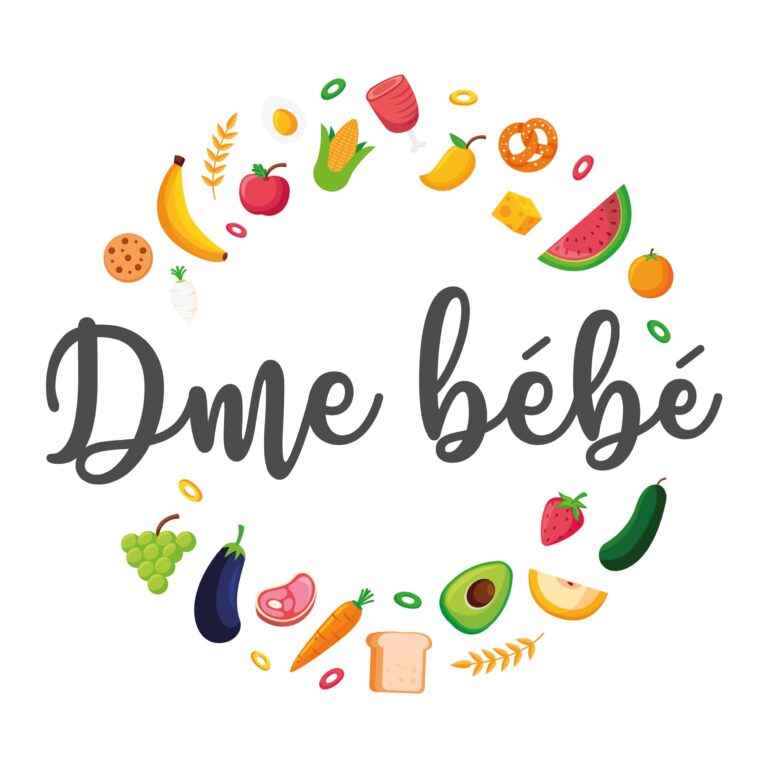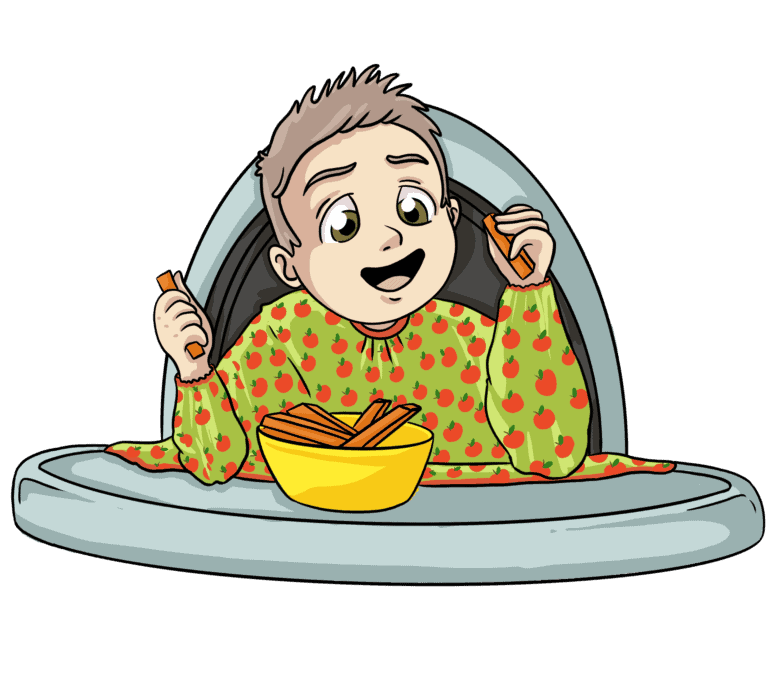Salt is not recommended
Throughout the food diversification led by the child and up to 3 years of baby, it is strongly advised not to salt the foods of your little one so as not to harm his health. Indeed, the baby's renal system is still immature and cannot completely digest salt since its kidneys filter three times less than those of an adult.
The salt needs of your little bit are only 1 gram a day . Given that many foods already naturally contain salt, there is no need to add it to baby meal preparations. It is only from the 3 years of your little one, that you can start salting your dishes . At this age, his salt needs will be around 2 grams.
In addition, as for excess protein , excess salt could cause health problems , such as long -term hypertension and other imbalances.
It is also important to pay attention to certain foods that can be too rich in salt such as prepared dishes, dairy products such as cheeses and yogurts as well as baby cereals. Always check the labels to make sure the food does not contain added salt.
When discovering solid food, salt can mask the natural flavor of food ... which is not ideal for developing baby's taste palette .
How to add flavors in baby meals and snacks?
Without salt, baby's recipes might seem bland and flavorless for you simply because you are used to consuming this seasoning daily. Remember that baby is in the discovery phase , and that for him, everything is new. However, certain foods will allow you to vary the daily flavors without harming baby's health!
From the start of the diversification led by the child, you can use aromatic herbs to vary the flavors in baby recipes such as thyme, parsley, basil, mint, etc. You can also enhance the meals of your little end using spices to vary the colors in the baby plate such as curry, cinnamon, cumin, vanilla or turmeric.
In addition, these seasonings will enlarge the baby's taste palette.
But that's not all! Fruits and some seasonal vegetables naturally sweet little to baby's recipes.



A response